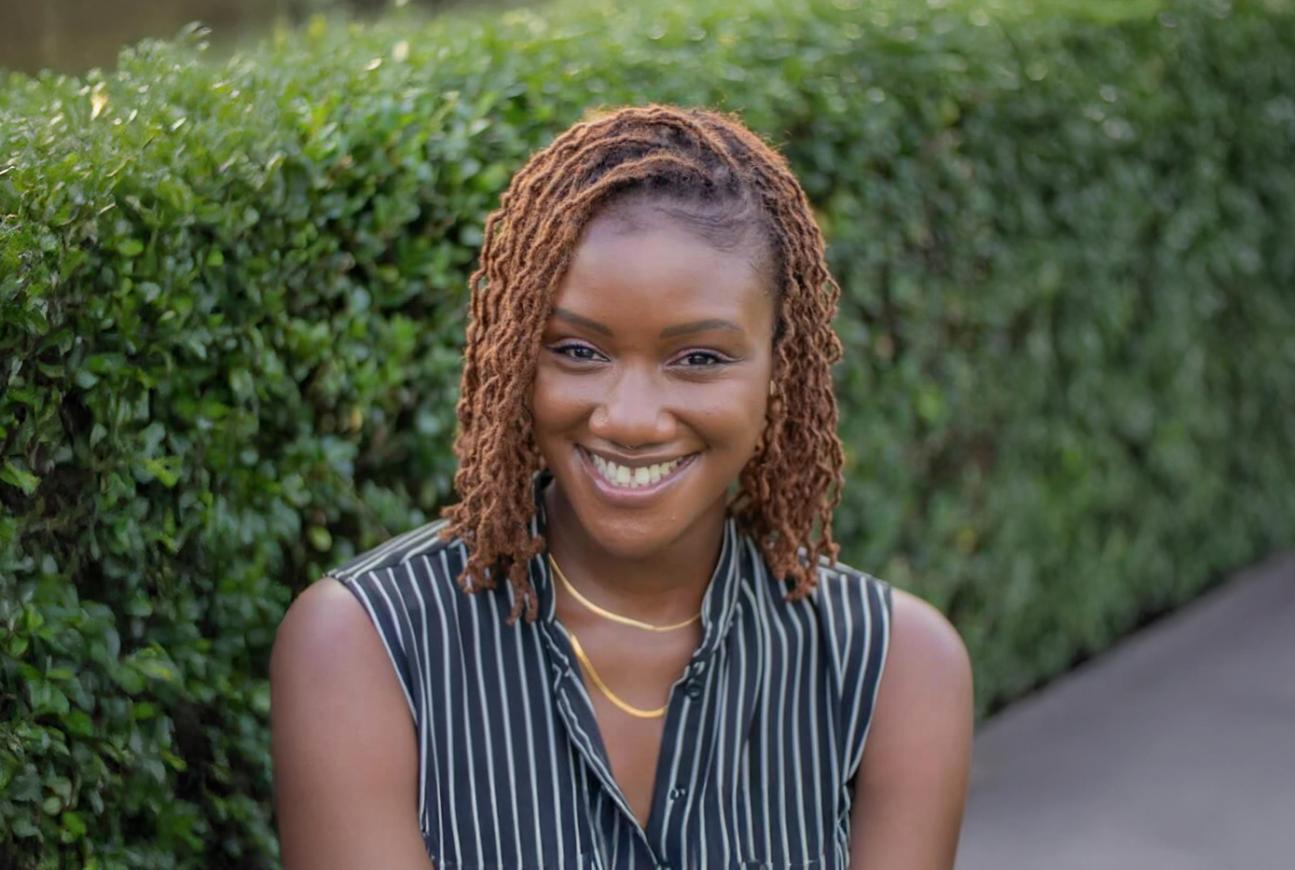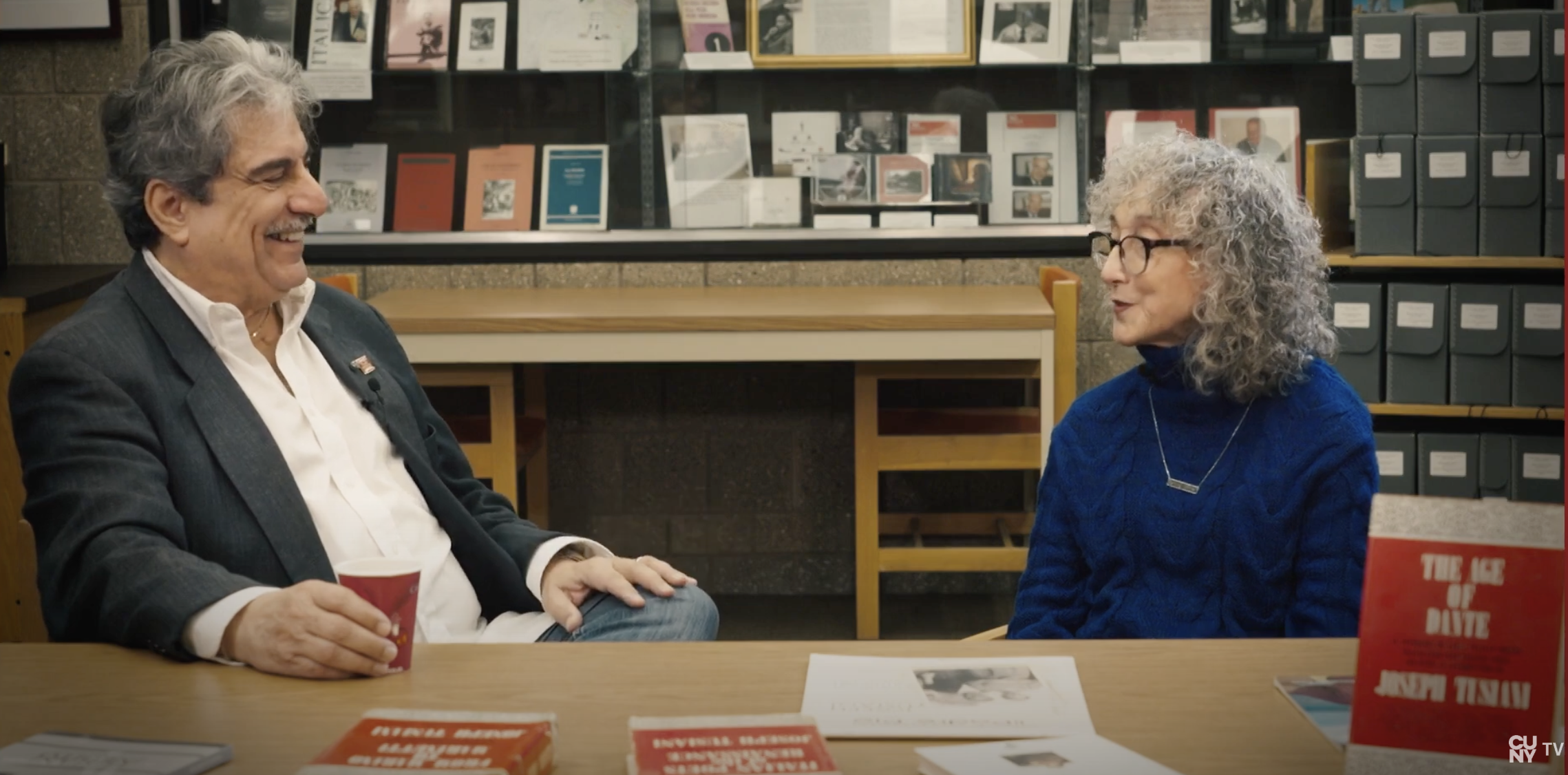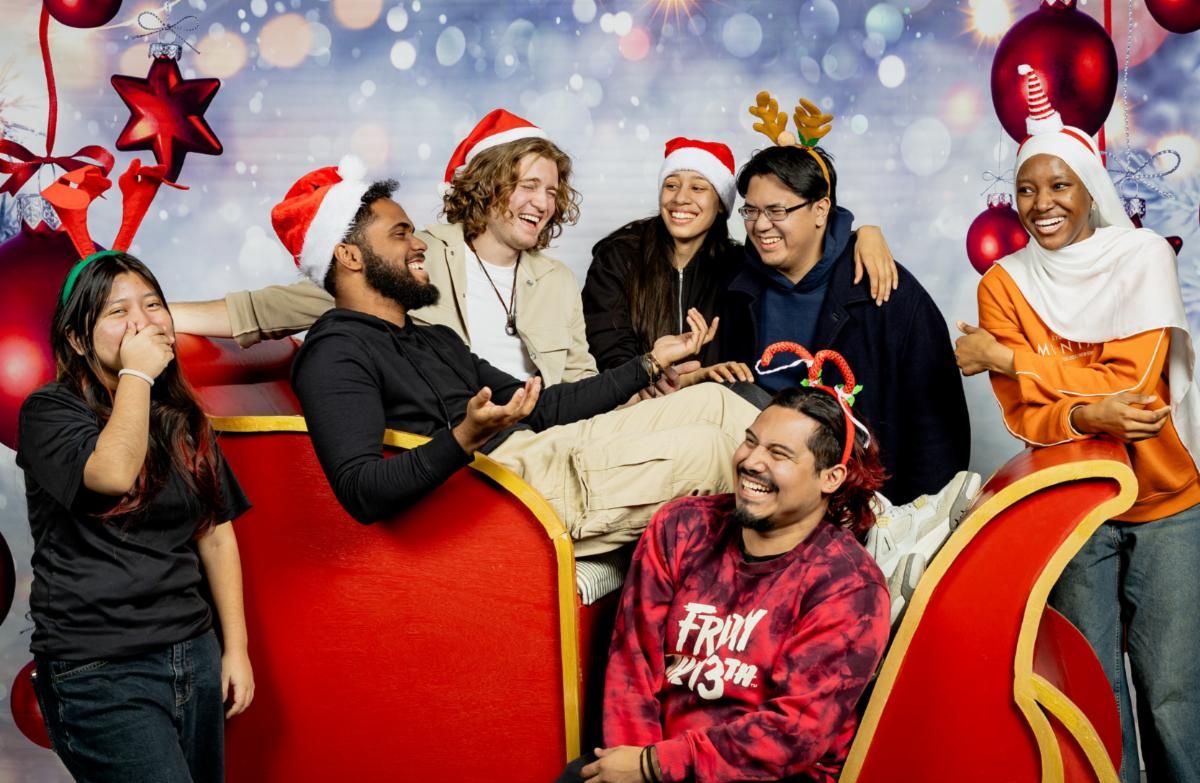- Lehman College >
- News >
- 2025 >
- Dialika Sall Wins Fulbright for Research on Senegalese Emigrants
News
Search All News
Wednesday, December 31, 2025
CONTACT
Office Hours
Monday - Friday 9am - 5pmClosed Sat. and Sun.
RELATED STORIES
December 30, 2024
December 19, 2024
Dialika Sall Wins Fulbright for Research on Senegalese Emigrants

August 14, 2025
Dialika Sall, assistant professor of Sociology, is embarking on an exciting yearlong Fulbright fellowship to Senegal this September. Sall arrived at Lehman in 2021 and is completing her first book project, titled “Connecting Black: Second Generation Africans in America,” which examines the experience of the children of African immigrants in New York City.
A Bronx-born, second-generation child of Senegalese immigrants herself, Sall was drawn to sociology in college when she discovered it could provide a language for understanding and describing people’s lived experience—including her own. This personal connection continues to inform her research on African migration, African American identity, and blackness. We caught up with Sall as she prepares to depart in September, to learn more about what lies ahead. (The interview has been edited for clarity and length.)
What will you be working on in Senegal?
This project is my second major book project, looking at first- and second-generation African immigrants based in the United States who returned to Africa—to West Africa specifically.
Some return migrants decide to go back on their own, including second-generation people who were born and raised here. Then there are people who are deported or pushed out in other ways. Why people return shapes their experiences on the ground there.
As people move back and forth between these societies with very different understandings of social categories and social identities, they're bringing those ideas back home with them and influencing people who have never left their home countries.
How is the program facilitating your research?
I am going to be co-hosted by the West African Research Center in Dakar, and by the University of Gaston Berger in the city of Sant-Louis.
Last year I did a faculty development seminar program—a series of lectures over winter break—through an organization called CAORC [Council of American Overseas Research Centers]. I had a chance to speak with experts on the ground and visit three or four different cities, so that laid the foundation for me to apply for the Fulbright. I was able to make connections with academics there who I then drew on to get host letters and invitations.
I'll be in Senegal for this Fulbright, but I'm hoping that eventually I can also go to Ghana and compare the experiences of immigrants from French colonized countries to those from folks who were colonized by the British.
In addition to research, Fulbright Scholars usually teach. Do you have plans for your time at the University of Gaston Berger?
I've proposed two courses: an undergraduate seminar on the Black immigrant experience in the United States, exploring how diasporic black migration has transformed American society, and a graduate seminar on global immigrant cities. It'll be interesting teaching them about the black immigrant experience in the U.S., helping them think more critically about a world they have ideas about but may not have examined deeply. I've also proposed migration panels and faculty workshops.
What does getting a Fulbright mean for you personally, and how do you think it will impact your career?
It’s major. During my senior year in college, I applied for a Fulbright student award to go to Senegal after graduation, so it's a beautiful full circle moment because I finally got it, 13 years later.
It also means a lot to me because I want to expand opportunities for Lehman students, and for students in Senegal—to create space for cross-cultural dialogues through these migration panel series. Eventually, I want to create a study abroad program to Senegal for Lehman students, and so this experience is going to be important.
I'm super excited to build off this Fulbright experience in ways that benefit our students.
You leave in just a few weeks. What are you looking forward to when you arrive?
Settling in. Fortunately, I have some contacts from when I visited last year who are already helping me recruit people for my research. But I'm also looking forward to the food—Senegalese food is really, really good. And then of course I'm looking forward to meeting my hosts in person and meeting the students I’ll be teaching.









